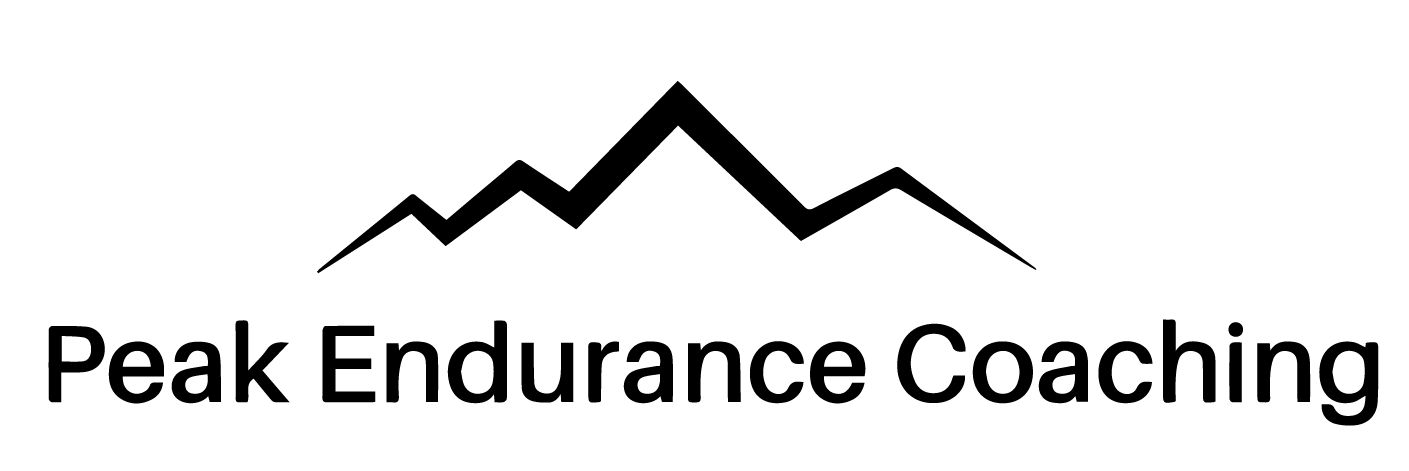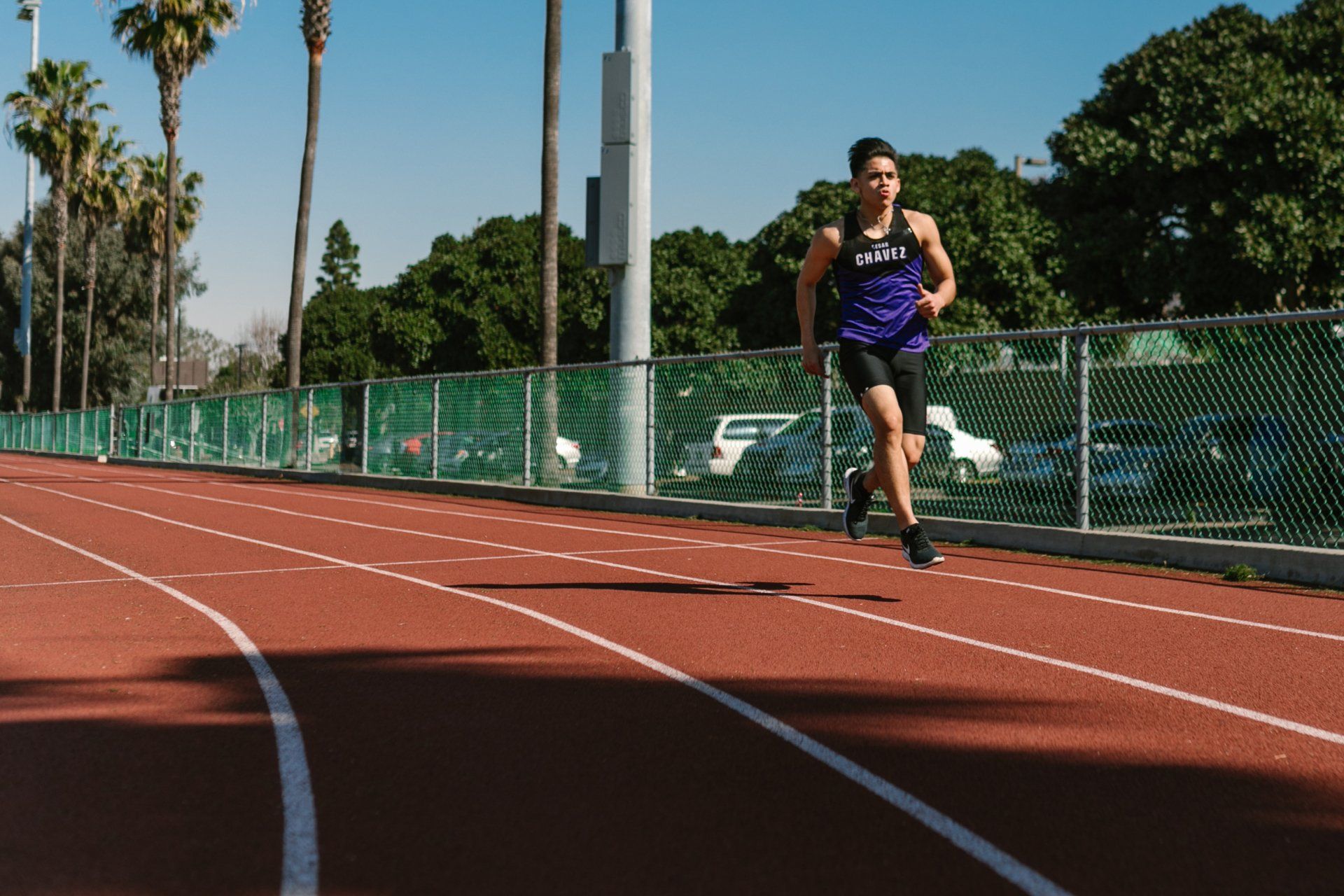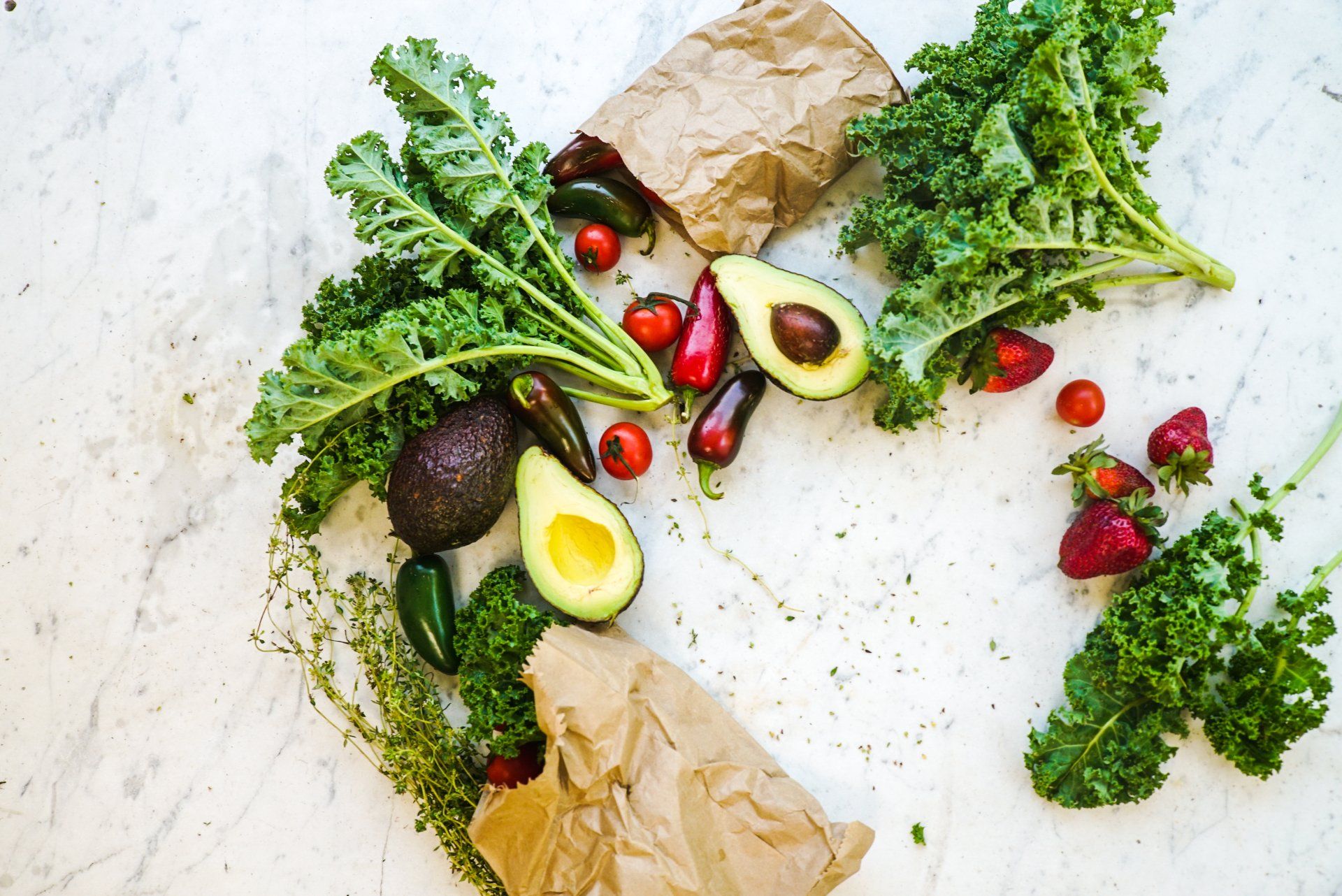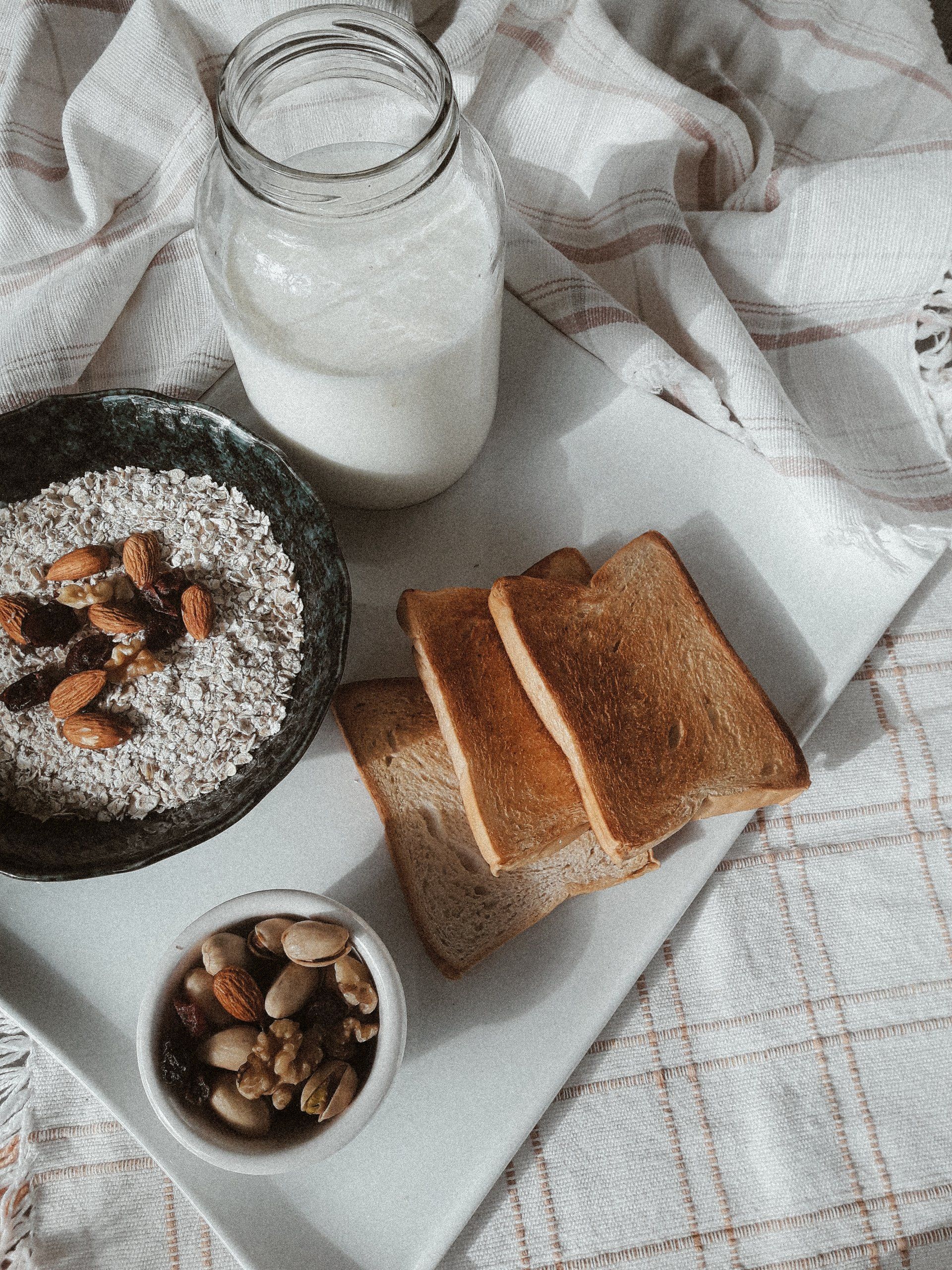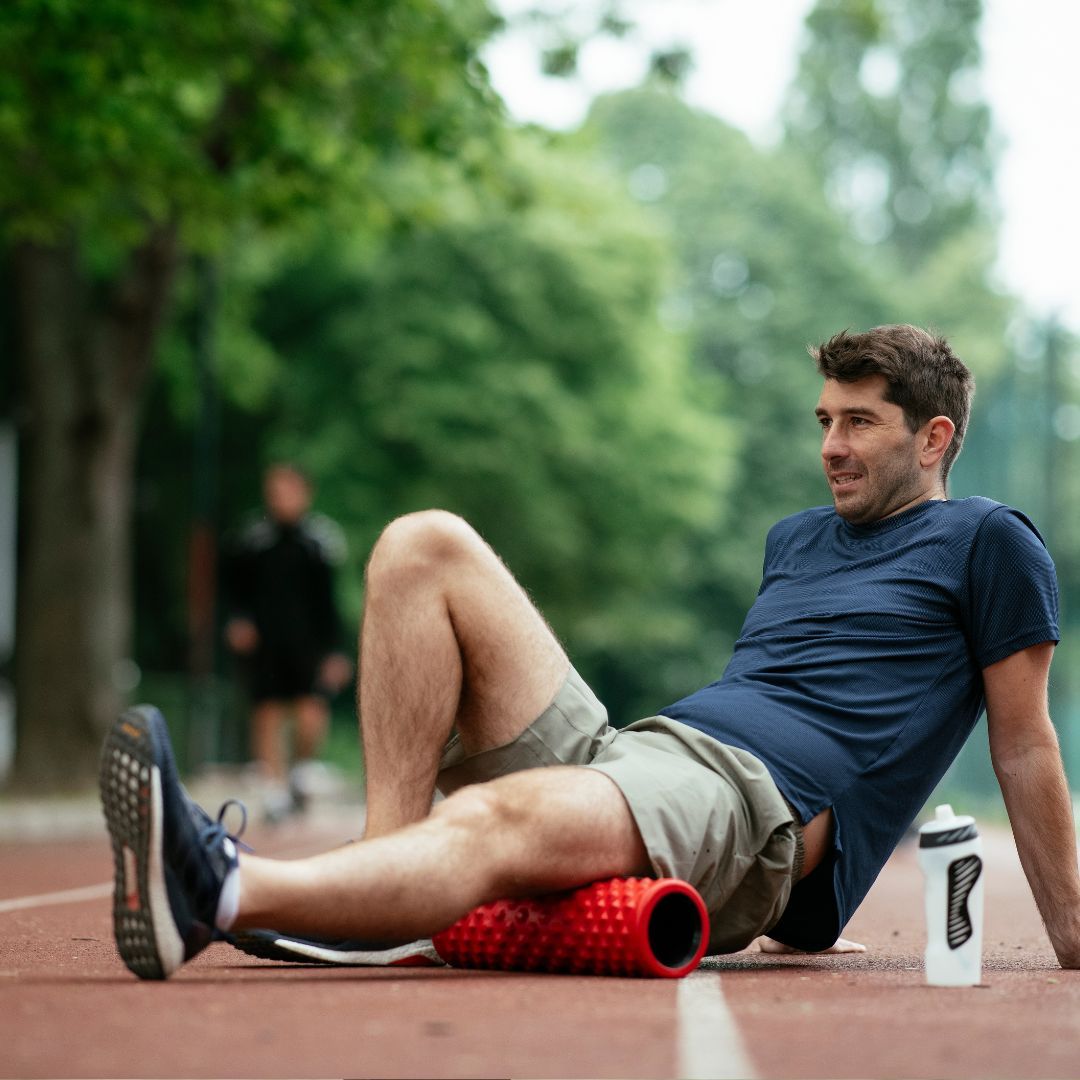Not sure what to eat before and after your run?
Your diet plays a crucial role in achieving your running goals.

Running regularly is not only essential for running success (whatever that looks like for you) but also for maintaining a healthy lifestyle. However, it's not just the physical activity that's important.
Your diet also plays a crucial role in achieving your running goals.
What you eat before and after a run can have a significant impact on your performance, recovery, and overall health. In this article, I'll explore the best foods to consume before and after running to maximize the benefits of your workout.
Whether you're a seasoned athlete or a beginner runner, this article will provide you with valuable insights and tips to help you fuel your body effectively.
What Happens During A Workout?
When you run, your body goes through a variety of changes to meet the demands of physical activity. Your heart rate increases, your breathing becomes faster, and your muscles work harder. Additionally, your body uses stored energy to fuel your movements. All of these processes require a significant amount of nutrients and energy, which is why proper nutrition is crucial to support your body during and after a run.
Without the right nutrients, your performance may suffer, and your body may struggle to recover after exercise. Proper nutrition can help ensure that you have the energy, endurance, and strength to achieve your fitness goals and stay healthy.
The 3 main things we need to pay attention to are:
- Micro muscle tears
- Energy resources used
- Sweating
Let’s discuss each of those.
Muscle Protein Breakdown
During a run or workout, micro muscle tears can occur as a result of the physical stress placed on the muscles. These small tears in the muscle fibres are a natural part of the muscle-building process and are necessary for muscle growth and repair. When the body repairs these micro tears, it builds new muscle tissue, making the muscle stronger and more resilient. While micro muscle tears are a normal part of the process, proper post-workout recovery is crucial.
Proper nutrition, rest, and recovery can help ensure that your body has the resources it needs to repair and rebuild muscle tissue, reducing the risk of injury and helping you achieve your fitness goals more effectively.
Energy Production
During a run, the body uses muscle glycogen to provide energy for the movements. Muscle glycogen is the stored form of glucose, which is the primary fuel source for the body. When you run, your body's energy demands increase, and it relies on stored energy to power your movements. This stored energy is broken down into glucose and transported to the muscles through the bloodstream. Once in the muscles, the glucose is converted to energy through a process called glycolysis.
Consuming the right nutrients before a run can help ensure that your body has enough glycogen to meet the demands of physical activity, reducing the risk of fatigue and allowing you to perform at your best.
Sweating
During a workout, sweating occurs as a result of the body's efforts to regulate its temperature. Sweat is primarily composed of water, but it also contains essential micronutrients such as sodium, potassium, and magnesium. These minerals are essential for proper muscle and nerve function and are lost through sweat during exercise. If these micronutrients are not replenished through proper nutrition, it can lead to deficiencies that can impact your performance and overall health.
While more tracking in your nutrition plan is required to ensure adequate amounts of protein and carbohydrates, that is rarely the case for micronutrients. In general, consuming a variety of different whole foods is the best way to go about giving the body the vitamins and minerals it needs. The secret to nailing micronutrient balance is to have diversity in your nutrition, and use a little salt in your main meals!
What To Eat Before A Run
A balanced meal that contains a mix of protein, carbohydrates, and fats is an excellent choice for a pre-run meal. Protein provides the building blocks for muscle tissue, while carbohydrates and fats provide the energy needed to power your movements.
However, it's essential to give your body enough time to digest the food before you begin exercising. Consuming a meal too close to your run can lead to digestive discomfort and may impact your performance.
It's recommended to consume your pre-run meal at least 90 minutes before your workout, giving your body enough time to digest the bigger portion of the food and absorb some nutrients. This can help ensure that your body has the energy and resources it needs to perform at its best during your run.
My favourite pre-workout meal?
Without a doubt, 2 slices of toast; one with butter and vegemite, the other peanut butter and jam. For a really long run I might have avo toast with a fried egg. If I’m travelling to my destination, 2 min oats cooked with water, then peanut butter and maple syrup stirred in. Yum!
Of course, this is for runs longer than an hour. For easy runs of an hour or less I don’t feel the need for specific pre-run nutrition (unless it is a quality session). If it’s a super-early pre-work quality session I will have only one piece of toast.
What To Eat After A Run
Post-run nutrition is just as important as pre-run nutrition, as it provides your body with the nutrients it needs to recover and rebuild after exercise. Like pre-workout nutrition, a balanced meal that includes a mix of protein, carbohydrates, and fats is an excellent choice for post-run nutrition.
Protein is necessary for muscle repair and growth, while carbohydrates and fats provide the energy and nutrients needed to replenish glycogen stores and support the recovery process.
Consuming a meal that includes all three macronutrients within 30 minutes to an hour after exercise can help optimise recovery and improve performance for your next workout.
Additionally, staying hydrated and replenishing lost electrolytes can also aid in the recovery process. While specific nutrient requirements may vary depending on the individual and the type of exercise performed, a well-rounded, nutrient-dense meal that includes a balance of macronutrients is essential for proper post-workout nutrition.
If you don’t feel hungry, or it’s not possible to consume a proper meal, a chocolate milk or protein shake will get the recovery process kick-started.
My favourite post-run meal? Porridge (either made with oats or quinoa) with a scoop of protein powder. Delicious and nutritious!
Conclusion
All in all, active individuals should eat a variety of whole foods throughout the day, ensuring a balance of protein, carbs, and fats. Pre and post-run nutrition does not require any specific approach or special food product.
Instead, the goal is to time the meal to your run to avoid diminished performance due to heavy digestion. Eat a balanced small meal around 60-90 minutes before a run and eat a slightly bigger meal within 30 mins, max two hours after a workout.
Now, let’s run!
